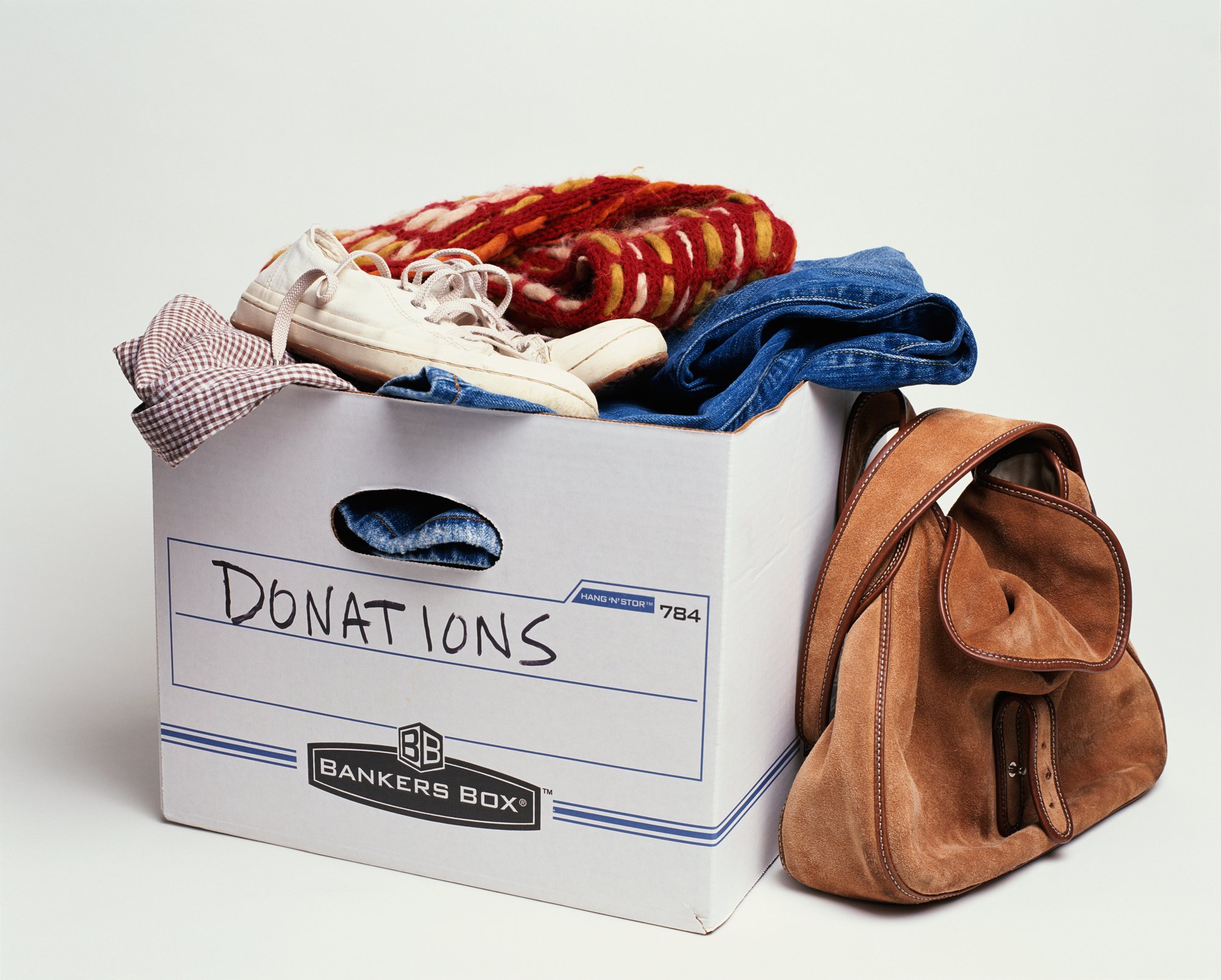In her 22 years helping seniors move, Charna Kinneberg has encountered all sorts of collections—fine china, shot glasses, baseball cards, Beanie Babies. One of the most memorable: the client with more than 70 Madame Alexander dolls, which sold at auction for $5,000. Another client, with the last name Bell, owned dozens of bells—“crystal bells, porcelain bells, metal bells, all kinds,” Kinneberg says.
Many people loathe moving, but for seniors who are downsizing, sorting through decades of possessions can be both emotionally and logistically challenging. That’s where “senior move managers” like Kinneberg come in.
Senior move managers help older adults sift through their belongings, selling or donating items as needed, then help them move into and set up their new home. Some also arrange for a cleaning service and contractors to get a house ready for sale, accompany clients on tours of potential new homes, and determine where furniture belongs in their new space.
Many of these professionals are members of the National Association of Senior & Specialty Move Managers, a trade group based in Illinois that provides training and certification. “The job requires a lot of soft skills,” says Mary Kay Buysse, NASMM’s co–executive director. “It requires patience, it requires empathy, it requires being a good listener.”
Cris Sgrott is a senior move manager and professional organizer at Organizing Maniacs in Tysons. “When you work with older adults, there is a lot of storytelling that has to happen, and that’s a healthy part of the downsizing process,” Sgrott says. “For example, one client had a brain tumor, and she was trying to make sure all of the backstories behind her possessions were captured. So I helped her find a video company, and we made a video of her telling stories about the belongings she was going to pass down to her heirs.”
Most senior move managers charge by the hour, according to Buysse, with rates in the Washington area typically $75 to $125 an hour. “If you have a set budget, communicate that to your move manager upfront, and they can help you accomplish the tasks that matter most,” she says.
One client was trying to make sure the stories behind her possessions were captured. We made a video of her telling stories about belongings she was passing down.
Senior move managers often negotiate rates with professional movers and junk haulers on a client’s behalf. They can also help customers offset moving costs by arranging the sale of valuable possessions.
Debbie Sokobin, a former director of adult programs at a Jewish Community Center, joined the profession three years ago after helping her parents downsize their house in Chicago. “I moved in with my parents for a month to help them get everything in order,” she says. “I realized that if I could survive the process with my own parents, I could help other seniors.”
Sokobin says the job goes beyond helping people sort through their belongings: “People moving to an assisted-living facility need support, emotionally, with losing their independence. We have training and ongoing education related to these skills.” Senior move managers may also work with clients suffering from Alzheimer’s or a physical limitation.
Another challenge: mediating family squabbles. “A lot of times, people want their children or grandchildren to keep some of their things, but oftentimes family doesn’t want them,” says Aida Middel, a senior move manager and the cofounder of Potomac Concierge. “We help people work through that.”
Lost and Found
Move managers uncover no shortage of unexpected items when clearing out people’s homes. “You’d be surprised what people forget they own or [think they had] lost,” says Lisa Geraci Rigoni, a senior move manager and owner of the Organizing Mentors, based in Ashburn. “We look under beds, in books, in the back of closets—anywhere people may hide money [or valuables],” says Rigoni, the author of 17 Spatulas and the Man Who Fried an Egg: Reclaim Your Space Mentally and Physically. “We’ve seen people who literally kept money under a mattress.” One rare find: a silver Tiffany tea set that sold at auction for $110,000.
Charna Kinneberg—whose employer, Moyer Move Management, is based in Clarksburg, Maryland—can relate. She discovered $66,000 worth of matured savings bonds at the bottom of a desk drawer. Meg Wendt, a senior move manager and home stager at Montgomery County–based Roaming Darling, found a basketball signed by Michael Jordan at the back of a closet.
“There’s not always monetary value for the things we find, but they’re still extremely meaningful to the client,” Rigoni says. One example: When Kinneberg helped move a woman who had volunteered at the White House, she found a thank-you note signed by President Obama.
One of Sokobin’s clients—an immigrant from Poland who suffered from dementia—had kept a banner that hung on the ship that took him to the US. “I also found the Purple Heart he received for serving in World War II,” she says.
And, of course, there’s junk. “A lot of people have old electronics,” Sgrott says. “I find VCRs all the time. Sometimes we take them to Best Buy, which has a great electronics recycling program.” Senior move managers also deal with broken kitchen appliances, stained rugs, scratched furniture, and dated clothing—lots of bomber jackets, cardigans, and baggy pants well past their prime.
Choosing a Move Manager
NASMM offers an online database where you can plug in your zip code and find managers within a 50- or 100-mile radius. The tool shows when the person joined the trade association and whether they’re certified or accredited by the organization. NASMM move managers adhere to a code of ethics and are required to have general liability insurance—“an extremely important protection for consumers,” says Buysse.
To compare such professionals, meet with several in person, Buysse suggests. Interviewing them face to face, she says, is the best way to find a move manager you click with in terms of personality and work style.
“Downsizing can be a very intimate process,” says Sgrott, “so you want to hire the right professional for you.”
Five Tips for Downsizing
Take some of the stress out of reducing possessions with this expert advice

Preserve your memories
Instead of holding onto hundreds of photos, digitize them. “We scan them for clients and put them on a digital frame so people can continue to enjoy them without keeping the physical photographs,” says Aida Middel of Potomac Concierge. Another idea: Hold a family show-and-tell where you share with loved ones stories about your prized possessions.
Map out your new space
You don’t want to spend money moving items that won’t fit in your new home. “Obtain the floor plan of your next place, and work with your senior move manager to figure out where your furniture is going to go so you don’t bring things that won’t have a home,” says Mary Kay Buysse of the National Association of Senior & Specialty Move Managers.
Go room by room
Downsizing an entire house can be daunting. Tackle one room at a time to make the work more manageable. “Go through your house with two colors of stickers and label things as ‘keep’ or ‘don’t keep,’ and let your move manager handle the rest,” says senior move manager Charna Kinneberg.
Keep as much out of a landfill as possible
Consider donating books to a library, dropping off canned goods at a food pantry, giving clothes to a nonprofit such as Goodwill, and donating furniture to a Habitat for Humanity ReStore, which has drop-off locations in Rockville and Silver Spring.
Dispose of items destined for the dumpster immediately
This will make it less tempting to retrieve things you don’t need at your new home.
This article appears in the December 2023 issue of Washingtonian.



















